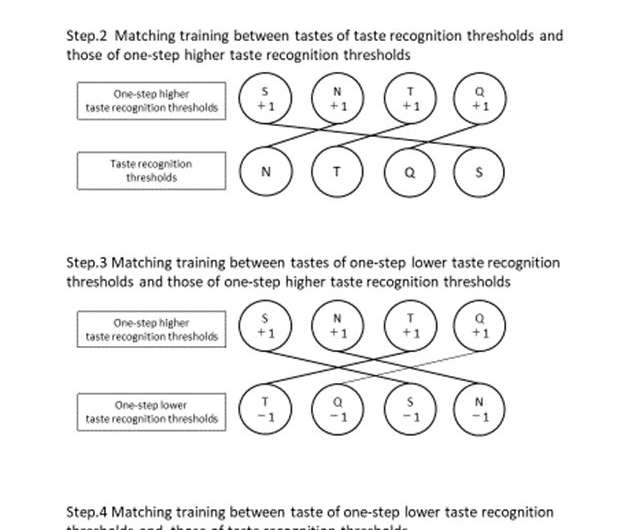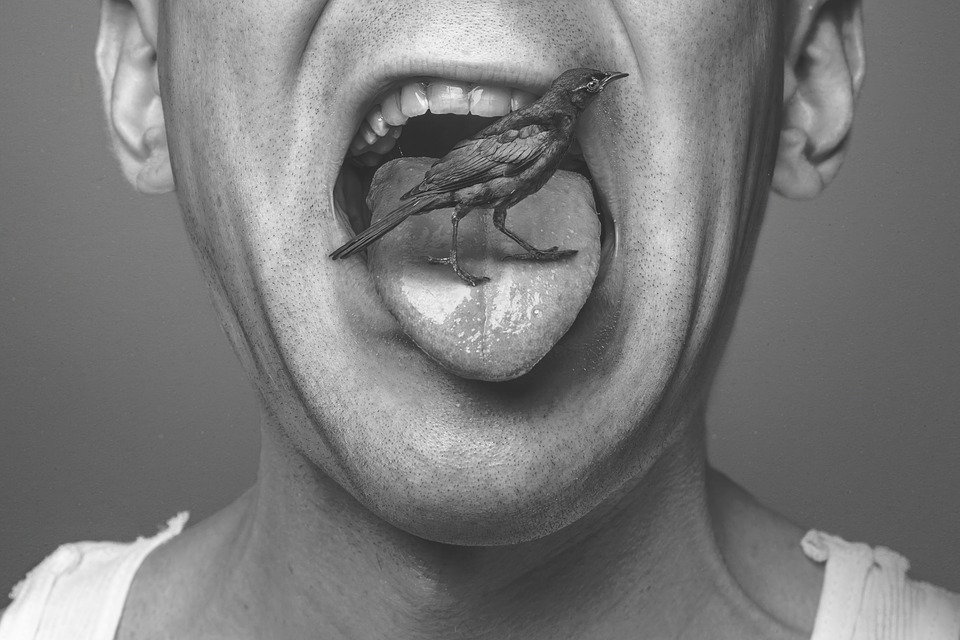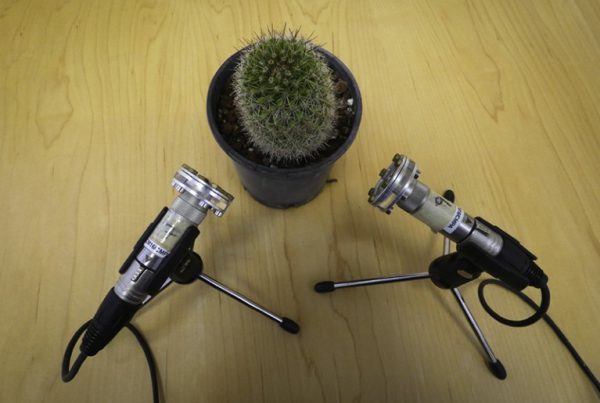
Many patients suffer from taste disorders due to a variety of causes, and in recent years the number of such patients has skyrocketed even further due to the COVID-19 epidemic. However, treatments to improve taste sensitivity are currently limited, and many patients do not respond to these existing treatments. Therefore, it is necessary to establish a new treatment for taste disorders.
Professor Satoru Ebihara, M.D., Ph.D. and his colleagues developed a taste rehabilitation method using filter paper disks as a new treatment for taste disorders, and investigated whether the method was effective in healthy subjects. Forty-two healthy individuals were randomly assigned to either the training or the control group.
The taste rehabilitation method developed by the research group consisted of four steps. In step 1, the taste perception thresholds of four tastes (sweetness, saltiness, sourness, and bitterness) were measured by the filter paper disk method, one of the taste testing methods. In step 2, participants in the training group were asked to match the four tastes between those of taste recognition thresholds and those of a one-step higher concentration until they got them right. In step 3, they were asked to match the four tastes between those of one-step lower and one-step higher in concentration from their taste recognition thresholds until they got them right. In step 4, they were asked to match the four tastes between those of one-step lower concentration and those of their taste recognition thresholds until they got them right.
The results showed that the training group significantly increased their sensitivity to all four tastes: sweetness, saltiness, sourness, and bitterness. Although there was no significant difference in the initial taste perception thresholds of the two groups, taste sensitivity increased significantly in the training group compared to the control group at day 4.
“These results indicate that the taste rehabilitation method has the potential to improve taste sensitivity and is expected to be one of the treatments to improve taste disorders.” said Prof. Ebihara, senior author of the study published in Scientific Reports.
Explore further













